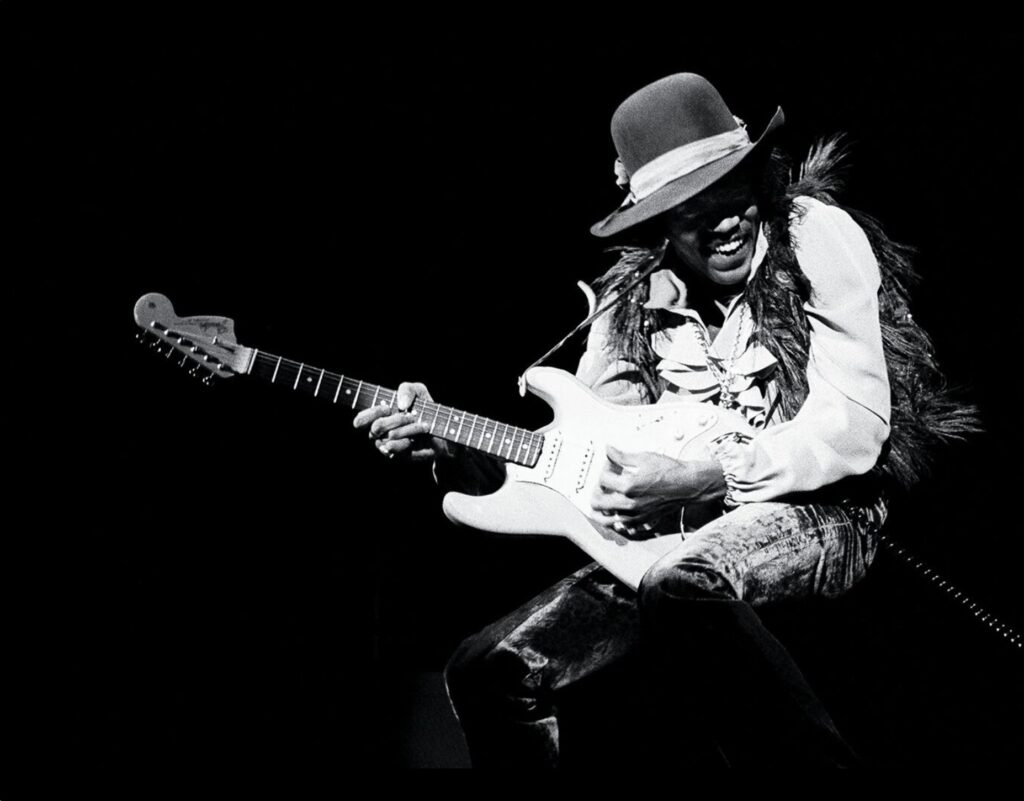There’s a moment in the Netflix documentary ‘I’m Tim’, about Avicii, the Swedish DJ and producer, where you see him meticulously layering loops, samples, and beats, building what millions have danced to as electronic masterpieces.
It’s impressive, but as I watched, something unsettling crept in: where are the instruments? The lyrics? The human element?
I’m not naive. Technology has been a part of music for decades.
But as I sat there watching Avicii tweak yet another sample, I realized something: the heart of music has shifted from the garage to the laptop. Grunge died in the mid-’90s, and with it, a visceral kind of authenticity. No rock genre replaced it.
Sure, some will argue rock never really dies. Bands like Foo Fighters still fill arenas. Greta Van Fleet tries valiantly to resurrect Zeppelin. Even My Chemical Romance managed a triumphant return.
These aren’t flashes in the pan—they’re acts that remind us of what rock can be. Raw. Sweaty. Alive.
But these are exceptions, not the rule.
For most under 30, guitars are relics, and lyrics are just hooks to frame beats. Producers like Avicii—rest his soul—have become the new rock stars. They sell out festivals, collaborate with pop icons, and dominate global charts.
What they don’t do is play instruments or write melodies from scratch. What they create is built on layers of digital perfection: loops clipped and polished, beats algorithmically aligned, and voices autotuned into oblivion.
I don’t say this as a cranky purist longing for the days of Kurt Cobain’s jagged screams or Eddie Vedder’s gruff poetry. I say this because we’ve lost something essential in the transition.
Music used to be messy. Bands recorded in basements. Guitars wailed, often out of tune. Lyrics stumbled and faltered but said something.
Now it’s all about precision. Streamlining. Hitting the dopamine centers in three minutes or less.
Even rock bands that manage to break through today feel sanitized. Compare Nirvana’s “Smells Like Teen Spirit” to, say, Imagine Dragons’ “Believer.” Both are hits. Both lean into angst. One, however, feels like an explosion; the other, like a PowerPoint presentation set to music.
Am I saying music is dead? Of course not. But rock as we knew it—the rebellion, the grit, the imperfections that made it human—is gone.
Avicii’s music moved millions, and his talent is undeniable. But as I watched that documentary, I couldn’t help feeling like I was watching the future devour the past. A future of loops, not lives. Machines, not bands.
The machines have taken over. And no one is fighting back.
That’s just not the rock and roll way.

